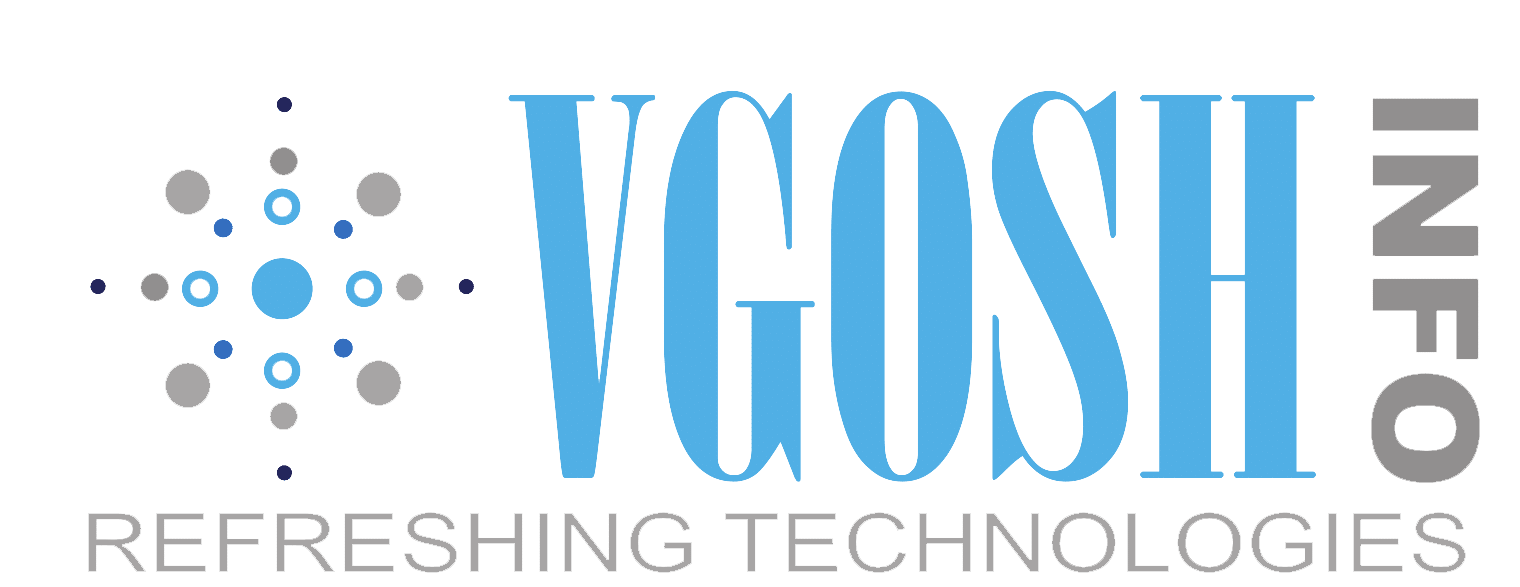The Rise of 5G: What It Means for Businesses in Singapore
In the rapidly evolving landscape of telecommunications, the advent of 5G technology promises to revolutionize connectivity and transform industries worldwide. Singapore, known for its technological prowess and commitment to innovation, stands at the forefront of this transformative wave. As businesses in Singapore prepare to harness the power of 5G, it’s essential to understand what this next-generation technology entails and how it will impact various sectors.
Understanding 5G Technology
5G represents the fifth generation of cellular network technology, succeeding 4G LTE. Unlike its predecessors, 5G is designed not just to provide faster mobile internet but to enable a diverse range of applications, from autonomous vehicles to augmented reality (AR) and the Internet of Things (IoT). At its core, 5G promises significantly higher data transfer speeds, lower latency, and greater network reliability compared to previous generations.
Implications for Singaporean Businesses
For businesses in Singapore, the implications of 5G adoption are profound and multifaceted:
1. Enhanced Connectivity and Efficiency: With 5G, businesses can experience ultra-fast internet speeds, allowing for quicker downloads and uploads of large files. This capability enhances operational efficiency, enabling faster decision-making processes and smoother communication across teams.
2. Support for IoT and Smart Devices: The proliferation of IoT devices, such as sensors and smart appliances, is set to explode with 5G. These devices require high-speed, low-latency connections to function optimally. In sectors like manufacturing, logistics, and healthcare, businesses can leverage IoT to streamline operations, monitor assets in real time, and improve customer service.
3. Empowering Emerging Technologies: 5G’s low latency is crucial for real-time applications like AR and virtual reality (VR). Businesses can use these technologies for immersive training programs, virtual product demonstrations, and enhanced customer experiences. This capability not only enhances engagement but also opens new revenue streams for innovative businesses.
4. Enabling Remote Work and Collaboration: As the world embraces hybrid work models, reliable and fast connectivity becomes indispensable. 5G enables seamless video conferencing, cloud-based collaboration, and remote access to critical business applications. This flexibility empowers employees to work from anywhere without compromising productivity or connectivity.
5. Catalyst for Innovation: Singapore’s reputation as a hub for innovation is set to grow with 5G. Startups and established businesses alike can experiment with novel applications, create disruptive solutions, and gain a competitive edge in global markets. The availability of robust 5G infrastructure fosters a conducive environment for testing and scaling new ideas.
Challenges and Considerations
While the benefits of 5G are substantial, its implementation poses several challenges:
Infrastructure Investment: Deploying 5G infrastructure requires significant investments in network equipment, spectrum licenses, and regulatory approvals. Businesses must evaluate the financial implications and strategic benefits before committing to 5G adoption.
Security Concerns: The increased connectivity of IoT devices and high-speed networks can also heighten cybersecurity risks. Businesses must prioritize robust security measures to protect sensitive data and mitigate potential threats.
Regulatory Compliance: Compliance with local and international regulations concerning data privacy, spectrum allocation, and network security is critical. Businesses must stay informed about evolving regulatory frameworks to ensure the lawful and ethical use of 5G technology.
As Singapore prepares for the widespread adoption of 5G technology, businesses have a unique opportunity to embrace innovation, enhance operational efficiency, and drive economic growth. By leveraging the capabilities of 5G, businesses can transform customer experiences, optimize processes, and pioneer new business models. However, success in the 5G era requires strategic planning, technological readiness, and a commitment to navigating challenges effectively.
In conclusion, the rise of 5G represents not just an evolution in connectivity but a catalyst for innovation and competitiveness in Singapore’s business landscape. By embracing 5G technology, businesses can position themselves at the forefront of industry advancements, driving sustainable growth and meeting the evolving demands of a digital-first economy.





